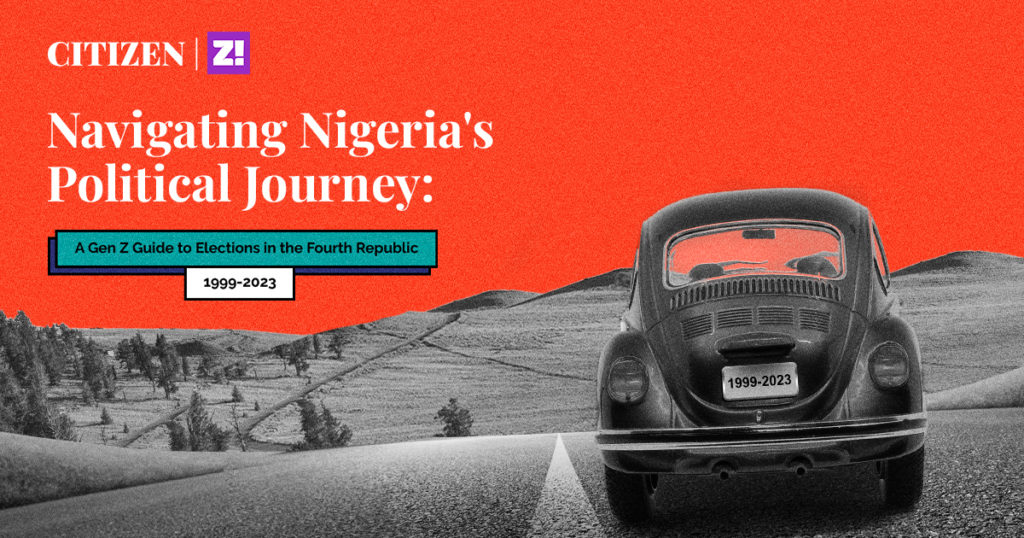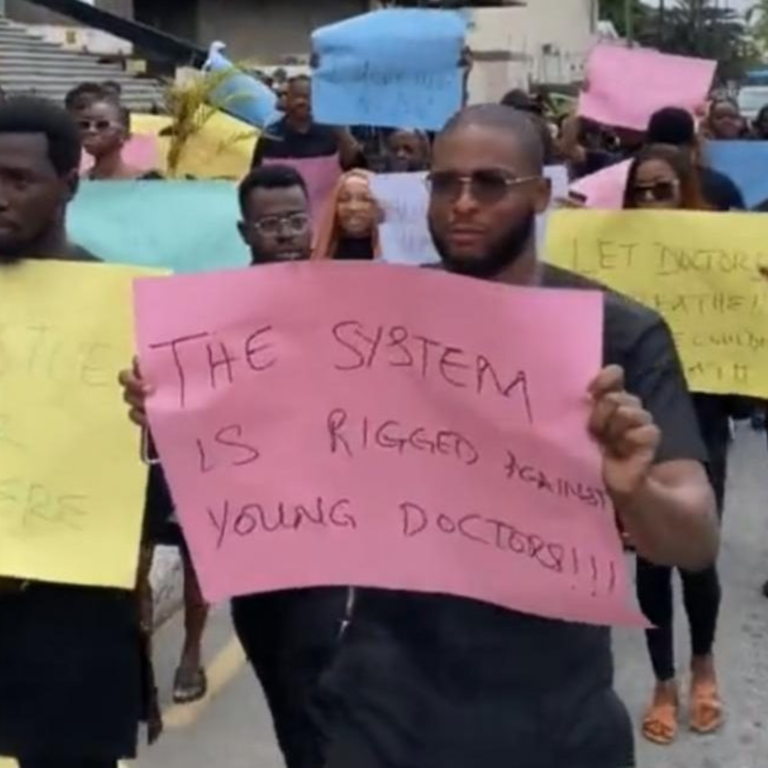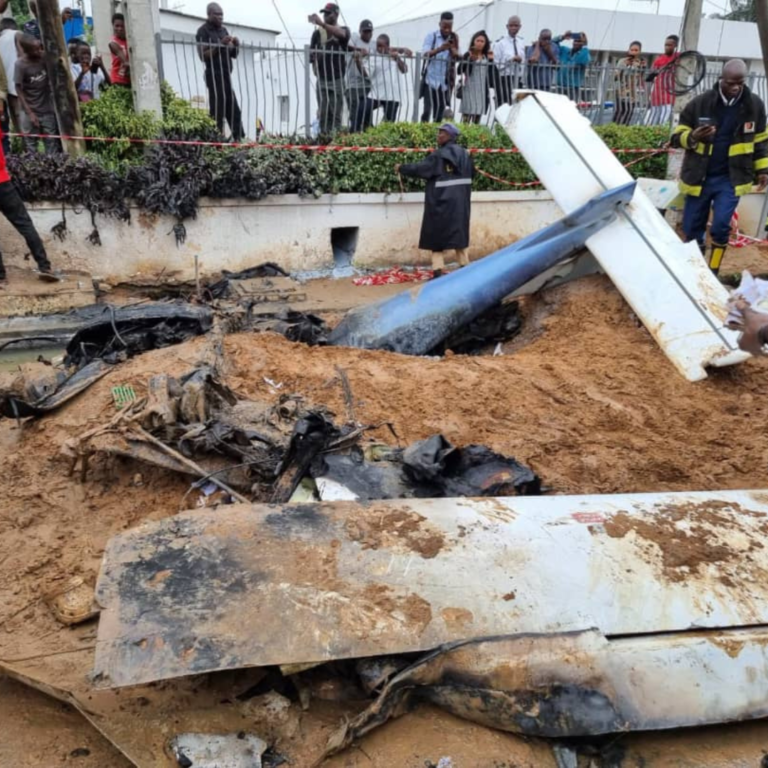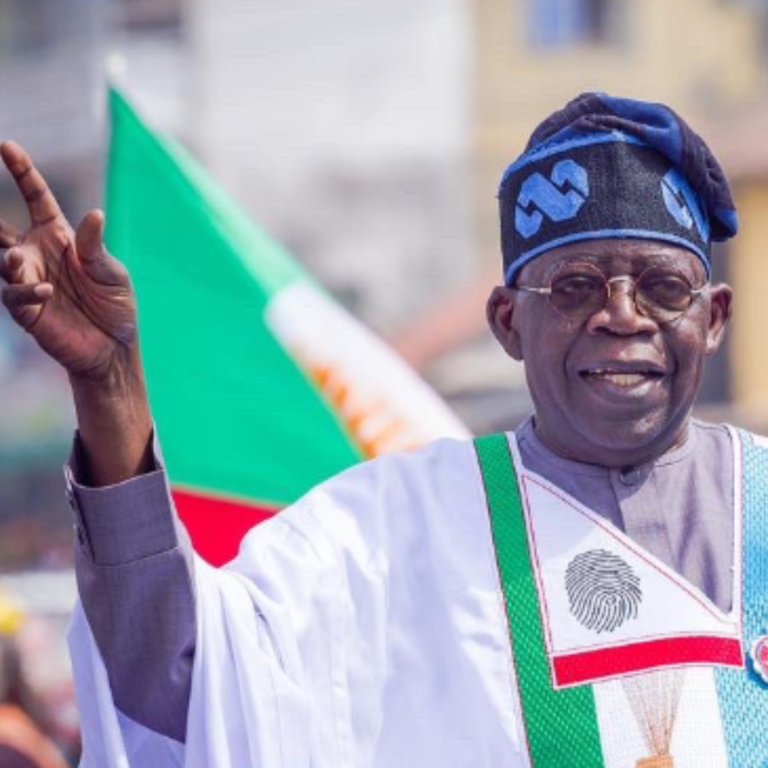For many Nigerians, public holidays are the best part of the year, so in this article, we’ll look at the various public holidays in Nigeria and the reasons behind the celebrations.
New Year’s Day
What better way to open up a new year than with celebration and resolutions that end up being abandoned mid-year?
According to the Gregorian calendar, New Year’s Day is the first day of the year, January 1, and it’s the most widely observed public holiday as it’s celebrated worldwide, with Israel being the only exception.
The Armed Forces Remembrance Day
Armed Forces Remembrance Day (AFRD), also called “Armistice Day“, is celebrated on January 15. And it’s a public holiday for members of the armed forces only, i.e., the Nigerian Army, Nigerian Air Force, Nigerian Navy, and the Nigerian Legion.
This day is used to commemorate the surrender of the Biafran troops in 1970 and honour the military officers who lost their lives protecting Nigeria. AFRD is usually celebrated with sales of the remembrance emblems; special prayers are held in military churches and mosques around the country; and a military parade and wreath-laying ceremony are organised in each state.
Easter
This is a Christian holiday usually celebrated in the first week of April. It’s observed nationally to mark the resurrection of Jesus. It usually starts on a Friday, called Good Friday, which commemorates the crucifixion and death of Jesus, and ends with Easter Monday, which marks the day after His resurrection.
Many Catholics consider Easter to be the most important Christian holiday. They refer to that week as the “Holy Week.” On Thursdays, they celebrate the washing of the disciples’ feet by Jesus; on Fridays, dramas are conducted to re-enact the crucifixion; on Saturday, an Easter vigil is organised; and a mass is conducted on Sunday. Pentecostal churches also hold special programmes and services to celebrate Easter.
Eid-el Filtri
Eid-el Filtri, also called the “Festival of Breaking of the Fast” or “Small Sallah,” is an Islamic national holiday used to mark the end of a month of fasting popularly known as Ramadan. The dates for this celebration usually differ each year as it depends on local mosques’ sightings of the new moon.
During this celebration, many Muslims attend Eid prayers at their local mosque early in the morning, and it’s also customary to wear new clothes, give money to the children of the family, and make donations to charity.
Worker’s Day
Worker’s Day is commemorated on May 1 every year, and it’s used to mark the achievements of the labour movement.
This holiday, also called May Day or International Worker’s
Children’s Day
Children’s Day is celebrated every year on May 27 in honour of children. It was first proclaimed in 1925 at the World Conference on Children Welfare in Geneva. This day is a public holiday for children in primary and secondary schools.
Inauguration Day
This day was formerly recognised as Democracy Day until former president Muhammadu Buhari declared June 12 the new date to celebrate Nigeria’s democracy.
Now, May 29 is used solely to mark Nigeria’s transition to a new government.
Democracy Day
Before the declaration of June 12 as Nigeria’s Democracy Day, this day usually served as a reminder of the flaws in our electoral system. 30 years ago, on June 12, 1993, MKO Abiola won the presidential election against Bashir Tofa in a landslide, but the election was annulled by then the military government led by Ibrahim Babangida.
However, on June 6, 2023, Buhari decided to honour the late Chief MKO Abiola with the Grand Commander of the Federal Republic, GCFR—the highest national honour reserved only for presidents and former presidents. And he also moved Democracy Day to June 12 to celebrate Nigeria’s democracy.
Eid-el Kabir
The Eld-el Kabir is the “Feast of Sacrifice”, also popularly known as “Big Sallah”. This festival is used to honour the willingness of Ibrahim to sacrifice his son. This holiday is the second main holiday in Islam after Eid-el Filtri, and dates also differ from year to year.
Muslims start their celebrations with early morning prayers, followed by the slaughtering of rams, camels, cows, or goats. The meat from the animal slaughtered is shared into three parts: family, relatives and friends.
Eid-el Maulud
This is another Islamic national holiday celebrated by Muslims worldwide to observe the Prophet Muhammad’s birthday. The date for this celebration also differs annually, but it usually occurs in late September.
On this day, many Muslims are encouraged to embody the virtues of the Prophet Muhammad, i.e., love, tolerance, patience, and perseverance, and some use this day to give to the less privileged.
Independence day
Independence Day is a national holiday celebrated every October 1 to mark Nigeria’s independence from British rule in 1960.
Christmas Day
This is another Christian holiday celebrated worldwide every December 25 to commemorate the birth of Jesus. Common traditions on this day involve special church services, carol singing, and gift-giving.





